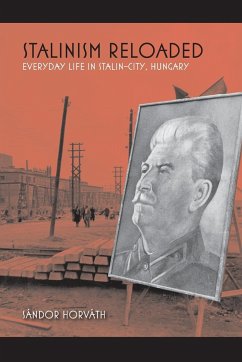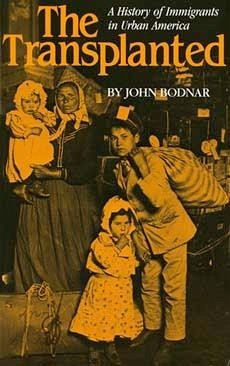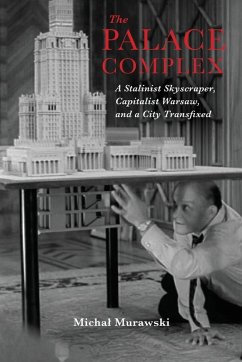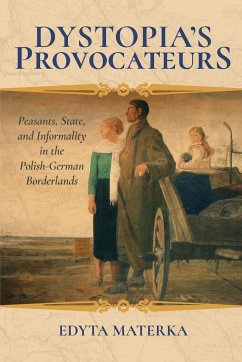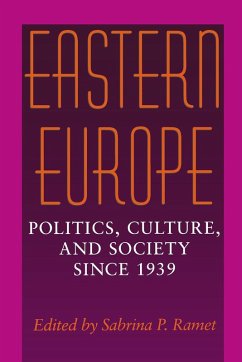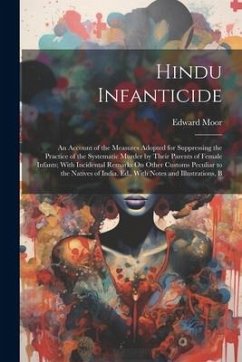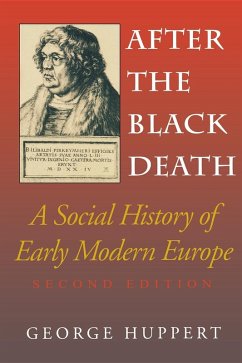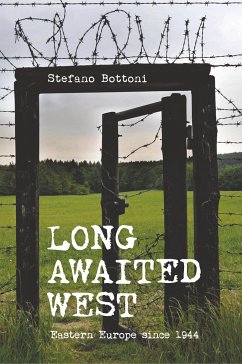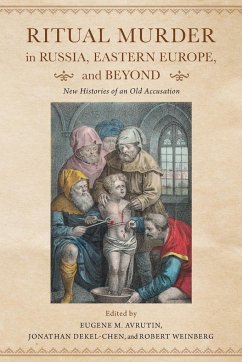
Ritual Murder in Russia, Eastern Europe, and Beyond
New Histories of an Old Accusation
Herausgeber: Avrutin, Eugene M; Weinberg, Robert; Dekel-Chen, Jonathan

PAYBACK Punkte
16 °P sammeln!
This innovative reassessment of ritual murder accusations brings together scholars working in history, folklore, ethnography, and literature. Favoring dynamic explanations of the mechanisms, evolution, popular appeal, and responses to the blood libel, the essays rigorously engage with the larger social and cultural worlds that made these phenomena possible. In doing so, the book helps to explain why blood libel accusations continued to spread in Europe even after modernization seemingly made them obsolete. Drawing on untapped and unconventional historical sources, the collection explores a ran...
This innovative reassessment of ritual murder accusations brings together scholars working in history, folklore, ethnography, and literature. Favoring dynamic explanations of the mechanisms, evolution, popular appeal, and responses to the blood libel, the essays rigorously engage with the larger social and cultural worlds that made these phenomena possible. In doing so, the book helps to explain why blood libel accusations continued to spread in Europe even after modernization seemingly made them obsolete. Drawing on untapped and unconventional historical sources, the collection explores a range of intriguing topics: popular belief and scientific knowledge; the connections between antisemitism, prejudice, and violence; the rule of law versus the power of rumors; the politics of memory; and humanitarian intervention on a global scale.






